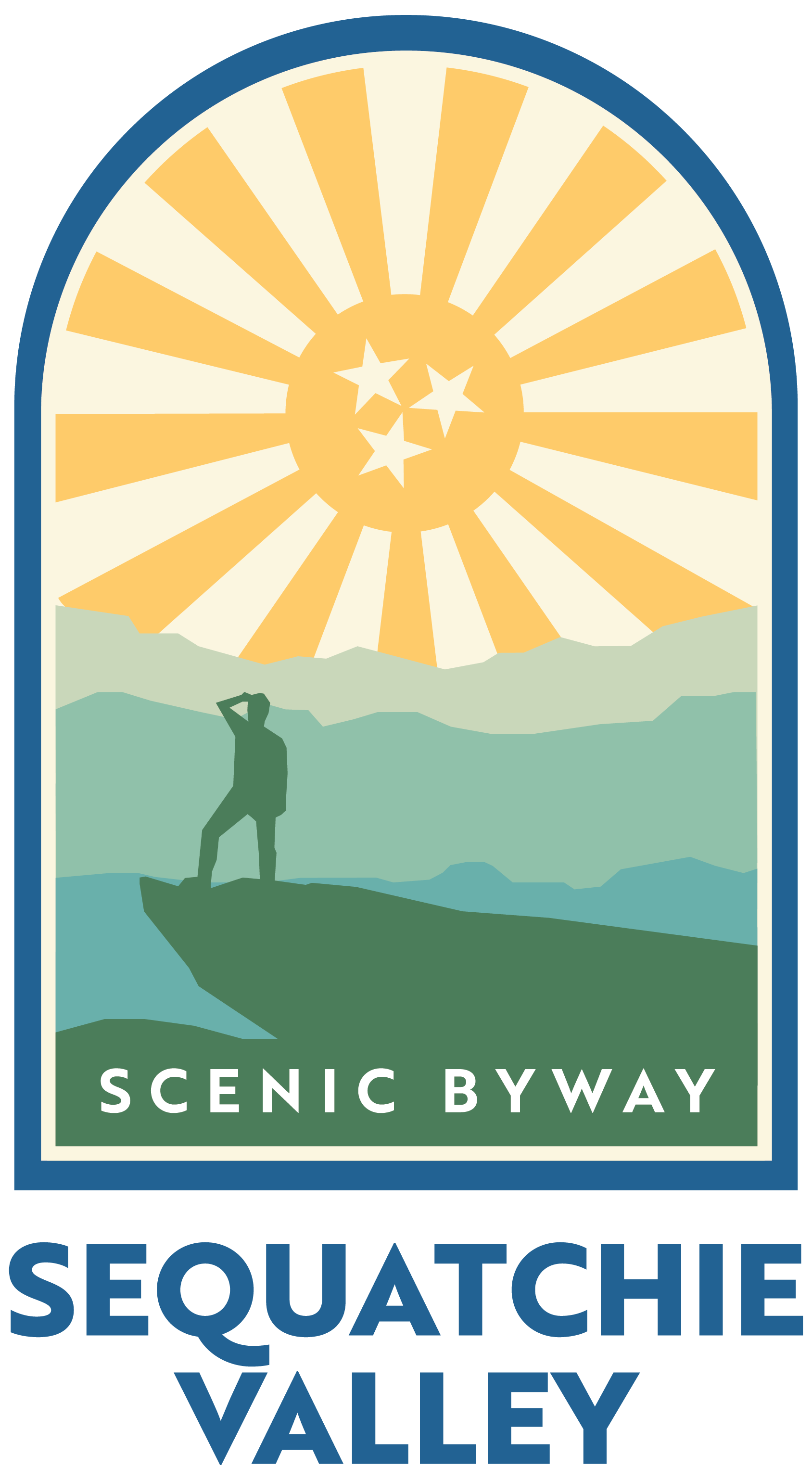
Whitwell (formerly the town of Cheekville) was established in 1877 as a mining community. Soon after, the local mine grew to be the largest in Marion County. Immigrants traveled here from Great Britain and Europe hoping to strike it rich in coal mining and coke production.
In the late 1880s, John Frater built Bethel Church for the coal miners and farmers in the area. When a British company bought the mines, Queen Victoria of England donated a bell for the church. The Marion County Coal Miners Museum now houses the historic bell. This fascinating museum is down the road from the old mines and coke ovens on the side of Cumberland Mountain. The museum preserves the community’s significant history that shaped its beginnings and defined it for generations.
In December 1981, one of the worst mining disasters in the coal industry took place at the Whitwell mines. A cigarette lighter apparently touched off a methane gas explosion in Grundy Mining Company / Tennessee Consolidated Coal’s #21 mine. Unfortunately, the blast killed 13 men. Danny Shirley of Confederate Railroad wrote and released the song Whitwell Mine about the tragedy. Coal mining remained a significant industry in Whitwell until 1996, when the mines went bankrupt.
Today, Whitwell is renowned for the Paper Clips Project, which is a Holocaust memorial and educational project carried out by Whitwell Middle School. The project began in 1998 and visitors from all over the world still enjoy it today. It continues to honor the memory of the 11 million murdered during the Holocaust in Europe. Because the school obtained one of the last-remaining railcars that transported victims of the Holocaust to Nazi concentration camps, the memorial is sacred ground.
Plan your Visit to Whitwell
Also, Whitwell is home to the Chimneys State Natural Area and Flying Camp Paragliding School. Start planning your visit to Whitwell and the Sequatchie Valley here!
LOCAL BUSINESSES: For updates & additions please email ashley@kellumcreek.com












